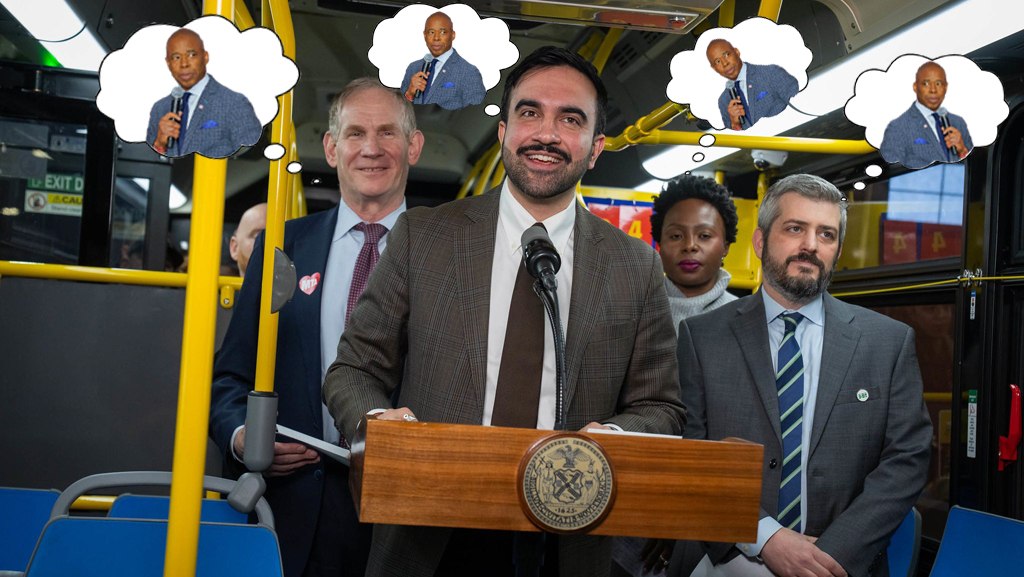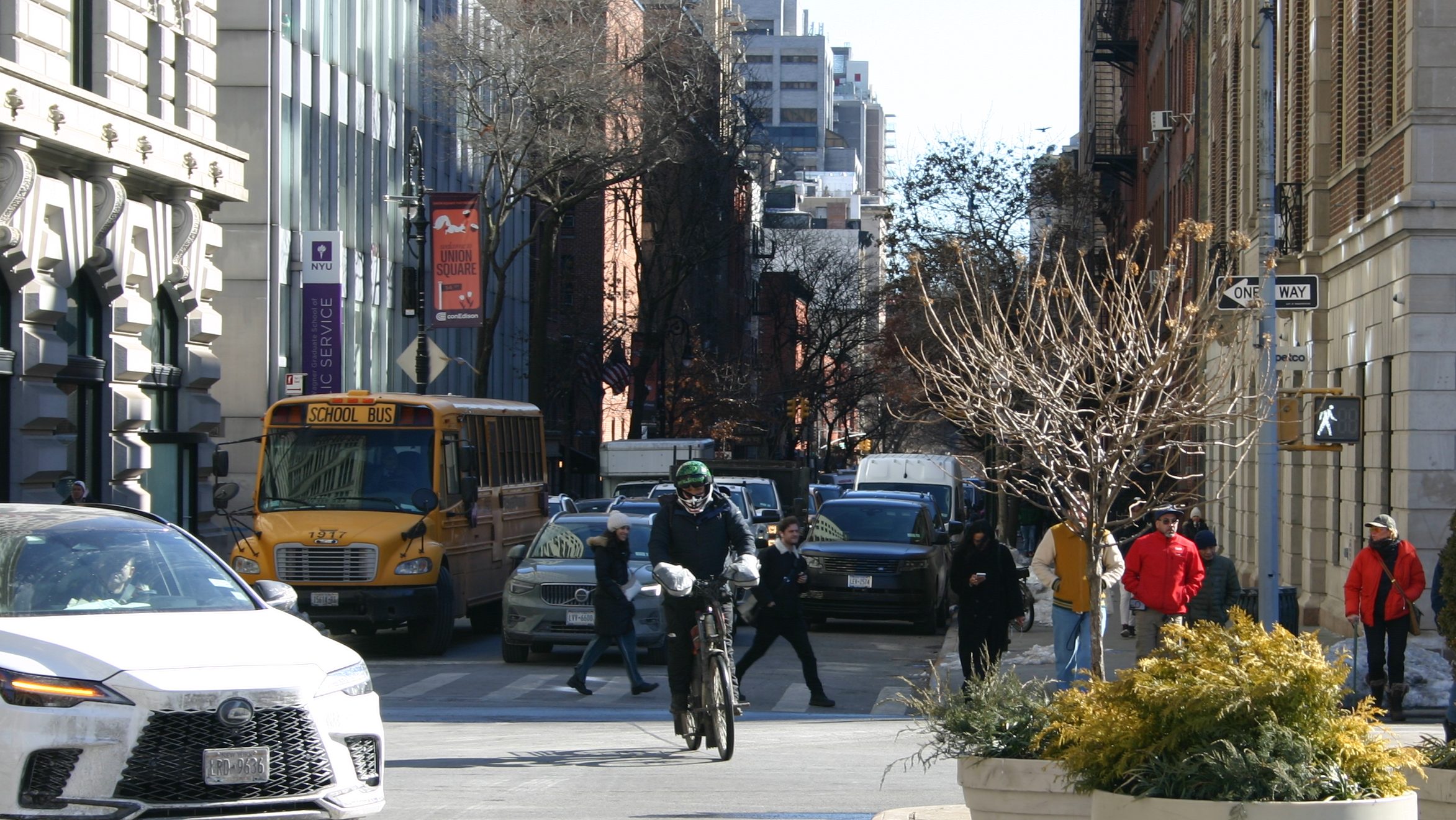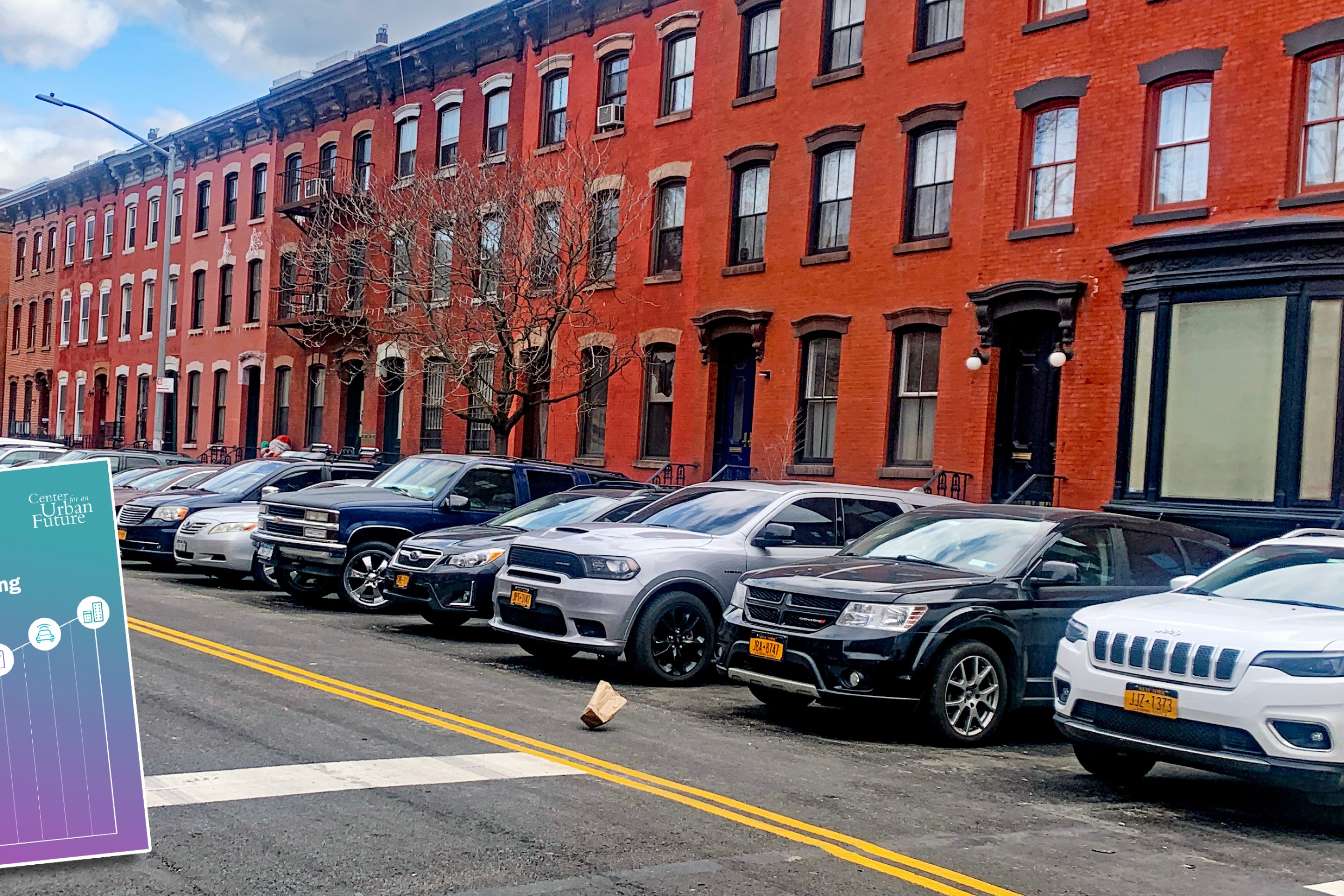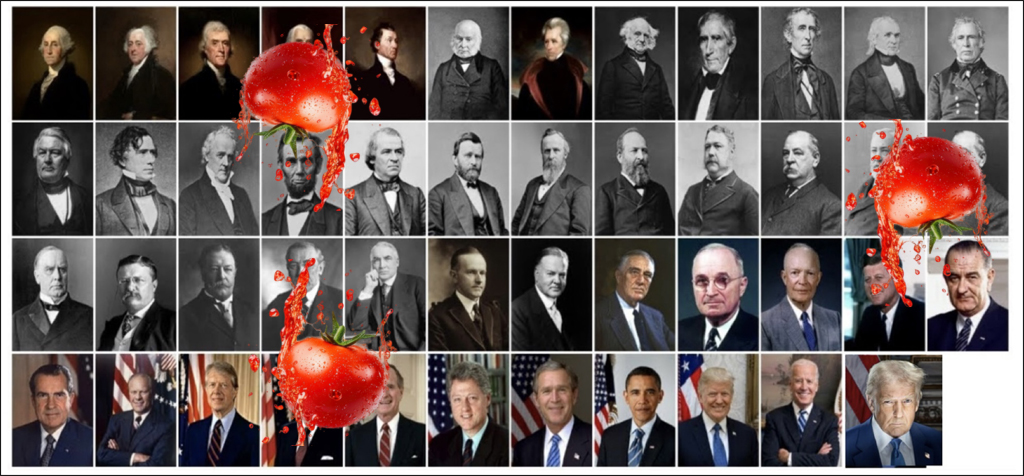 From Alternet, the following is an excerpted version of James Howard Kunstler's recent speech to the Commonwealth Club of California, well worth reading in its entirety. An audio stream of the speech is also available:
From Alternet, the following is an excerpted version of James Howard Kunstler's recent speech to the Commonwealth Club of California, well worth reading in its entirety. An audio stream of the speech is also available:
Two years ago in my book The Long Emergency I wrote that our nation was sleepwalking into an era of unprecedented hardship and disorder -- largely due to the end of reliably cheap and abundant oil. We're still blindly following that path into a dangerous future, lost in dark raptures of infotainment, diverted by inane preoccupations with sex and celebrity, made frantic by incessant motoring.
The coming age of energy scarcity will change everything about how we live in this country. It will ignite more desperate contests between nations for the remaining oil and natural gas around the world. It will alter the fundamental terms of industrial economies. It will ramify and amplify many of the problems presented by climate change. It will require us to behave differently. But we are not paying attention.
As the American public continues sleepwalking into a future of energy scarcity, climate change, and geopolitical turmoil, we have also continued dreaming. Our collective dream is one of those super-vivid ones people have just before awakening, as the fantastic transports of the unconscious begin to merge with the demands of waking reality. The dream is a particularly American dream on an American theme: how to keep all the cars running by some other means than gasoline. We'll run them on ethanol! We'll run them on biodiesel, on synthesized coal liquids, on hydrogen, on methane gas, on electricity, on used French-fry oil... !
That's the background on our energy predicament. Against this background is the whole question of how we live in the United States. I wrote three books previously about the fiasco of suburbia. There are many ways of describing it, but lately I refer to it as the greatest misallocation of resources in the history of the world. Why? Because it is a living arrangement with no future. Why doesn't it have a future? Because it was designed to run on cheap oil and gas, and in just a few years we won't have those things anymore.
Having made these choices, we are now hobbled by a tragic psychology of previous investment -- that is, having poured so much of our late-20th century wealth into this living arrangement -- this Happy Motoring utopia -- we can't imagine letting go of it, or substantially reforming it.
We have compounded the problem lately by making the building of suburban sprawl the basis of our economy. Insidiously, we have replaced America's manufacturing capacity with an economy based on building evermore suburban houses and the accessories and furnishings that go with them -- the highway strips, the big-box shopping pods, et cetera -- meaning that our economy is now largely based on building more and more stuff with no future -- on a continued misallocation of resources.
There's a widespread wish across America these days that some combination of alternative fuels will rescue us; will allow us to continue enjoying by some other means what has been called "the non-negotiable American way of life." The wish is perhaps understandable given the psychology of previous investment.
But the truth is that no combination of alternative fuels or systems for using them will allow us to continue running America the way we have been, or even a substantial fraction of it. We are not going to run Wal-Mart, Walt Disney World, Monsanto, and the interstate highway system on any combination of solar or wind energy, hydrogen, nuclear, ethanol, tar sands, oil shale, methane hydrates, thermal depolymerization, zero-point energy, used french-fry oil, or anything else you can name. We will desperately use many of these things in many ways, but we are likely to be disappointed by what they can actually do for us, particularly in terms of scale -- apart from the fact that most or all of them are probably net energy losers in economic terms.
We will find out the hard way that we can't afford to dedicate our crop lands to growing grains and soybeans for ethanol and biodiesel. A Pennsylvania farmer put it this way to me last month: "It looks like we're going to take the last six inches of Midwest topsoil and burn it in our gas tanks." The disruptions to world grain supplies by the ethanol mania are just beginning to thunder through the system. Last months there were riots in Mexico City because so much Mexican corn is now being already being diverted to American ethanol production that poor people living on the economic margins cannot afford to pay for their food staples.
We're going to have to move people and things from place to place differently. It is imperative that we restore the US passenger railroad system. No other project we could do right away would have such a positive impact on our oil consumption. We used to have a railroad system that was the envy of the world. Now we have a system that the Bulgarians would be ashamed of.
The infrastructure for this great task is lying out there rusting in the rain. This project would put scores of thousands of people to work at meaningful jobs, at every level, from labor to management. It would benefit all ranks of society. Fixing the US passenger rail system doesn't require any great technological leaps into the unknown. The technology is thoroughly understood. The fact that from end-to-end of the political spectrum there is no public discussion about fixing the US passenger rail system shows how un-serious we are.
We are probably in the twilight of Happy Motoring -- as we have known it. The automobile will be a diminished presence in our lives. I'm not saying that cars will disappear, but it will become self-evident that our extreme dependency will have to end. It is possible, but not likely, that affordable electric cars will come on the market before we get into serious trouble with oil. More likely, we'll be facing an entirely new political problem with cars as motoring becomes increasingly only something that the economic elite can enjoy.
For decades, motoring has been absolutely democratic. Everybody from the lowliest hamburger flipper to the richest Microsoft millionaire could participate in the American motoring program. Right now, let's say six percent of adults in this nation can't drive, for one reason or another: They're blind, too old, too poor, et cetera. What if that number rose to 13 percent, or 26 percent of Americans because either the price of fuel or the cost of a vehicle rose beyond their means. Do you suppose that a whole new mood of grievance and resentment might arise against those who were still driving cars? And how would the large new class of non-drivers feel about paying taxes to maintain the very expensive interstate highway systems?
Our hyper-gigantic cities and so-called metroplexes are a pure product of the 200-year-long upward arc of cheap energy. Like other things of gigantic scale, our cities will get into trouble. They are going to contract substantially. The cities that are composed overwhelmingly of suburban fabric will be most susceptible to failure. Orlando, Houston, Atlanta. The cities that are overburdened with skyscrapers will face an additional layer of trouble -- the skyscraper, like the mega-city, was a product of cheap energy, and we are going to have trouble running them, especially heating them without cheap natural gas.
As our cities contract, I think they will re-densify at their centers and around their waterfronts, if they are located favorably on water, and depending on how (or if) rising ocean levels might affect them. The process of contraction in our cities is likely to be difficult, disorderly and unequal. Some cities will do better than others.
I hope we can overcome our tendencies to try to get something for nothing and to engage in wishful thinking. The subject of hope itself is an interesting one. College kids on the lecture circuit always ask me if I can give them some hope. Apparently, they find this view of the future to be discouraging. It may mean fewer hours playing Grand Theft Auto with a side order of Domino's pepperoni pizza, but there are many positive implications for our lives in the future. We may once again live in places worth caring about, where beauty and grace are considered everybody's birthright. We may work side-by-side with our neighbors, on things that are meaningful. Instead of canned entertainments, we may hear the sounds of our own voices making music, see the works of our own dramatists and dancers.
Hope is something we really have to supply for ourselves. We are our own generators of hope, and we do it by demonstrating to ourselves that we are capable of facing the circumstances of our time, of working competently to meet these challenges, and of learning the difference between wishing and doing. In fact, what we need is not so much hope, but confidence in our inherent abilities and the will to act.
Photo: JI Stark via Flickr





